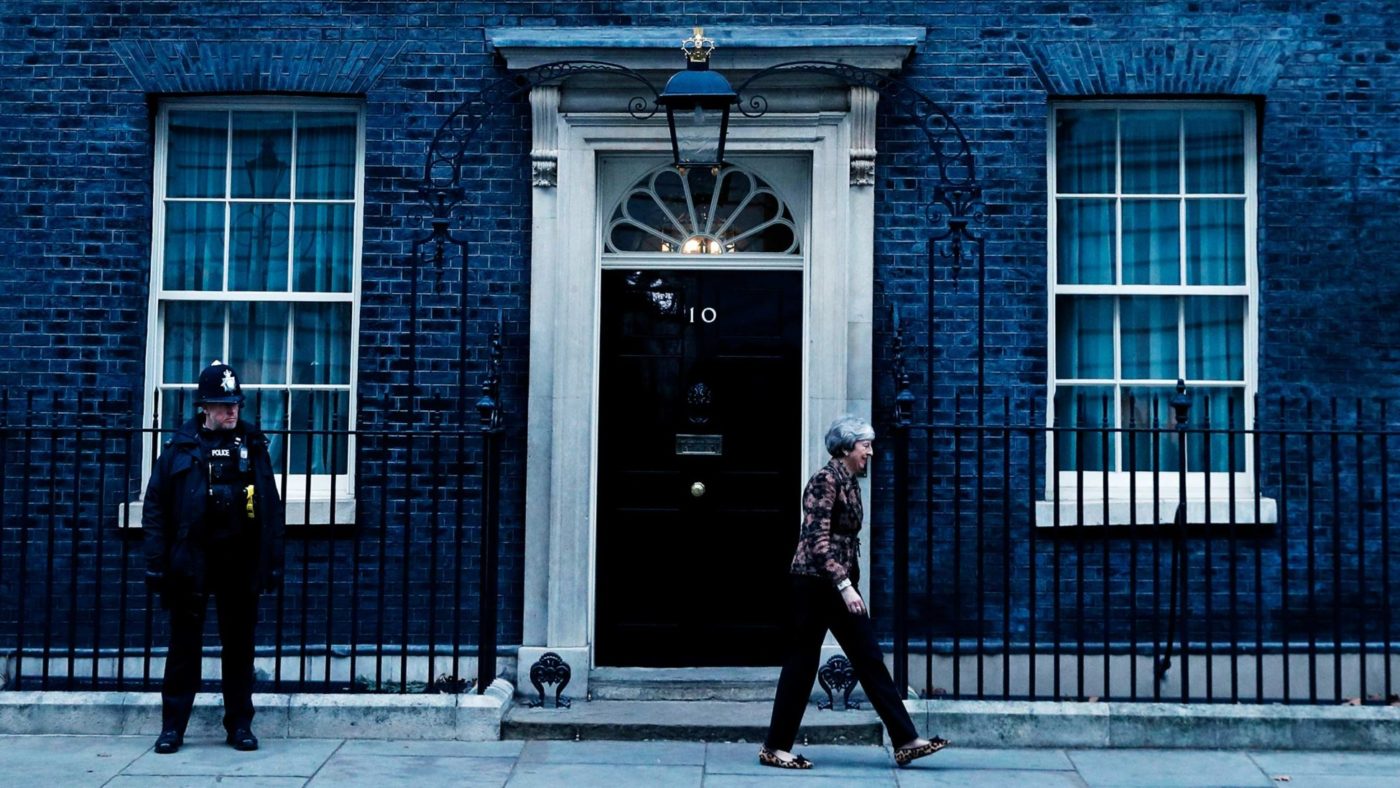So far, the Conservative leadership contest has been remarkably light on Brexit. Yes, it is certainly a huge part of the conversation, but it hasn’t been the all-consuming issue, as many predicted.
That will almost certainly change. By the time Conservative MPs whittle the remaining candidates down to the final two – one of which will almost certainly be Boris Johnson – the focus will, unavoidably, be on the most pressing issue facing the country. Assuming the contest goes the distance, there will be no more than 100 days between the new Prime Minister taking office and the expiry date of the Article 50 extension. The sense of urgency will soon start to grow.
The country needs to know what the candidates will do with that time – and what they will do when that time runs out.
At present, all the remaining candidates bar Rory Stewart are confident they could renegotiate a better deal than Theresa May. If they are right – if Brussels is bluffing in its insistence that renegotiation is not an option – they will try their luck with a new and improved deal in the House of Commons.
If they are proven wrong, they are faced with a choice: delay or no deal.
The political case against delay is strong. Just look at the explosion in support for the Brexit Party that followed Theresa May’s announcement that Britain would not be leaving the EU at the end of March. The next Prime Minister – especially one that has explicitly indicated the importance of no further postponement — will be reluctant to repeat the failures of the last.
Launching his campaign on Wednesday, Boris Johnson hammered this point home: “Delay means defeat. Delay means Corbyn. Kick the can again and we kick the bucked with every week and month that goes by, in which we fail to deliver on our promise.”
But the other option, exiting without a deal, is not simple. For one thing, it is far from clear that the next Prime Minister will be able deliver no deal against the will of Parliament. At that point, some in Westminster argue, the only option will be another general election.
Yet as the clock ticks on, and assuming there are no negotiating breakthroughs in Brussels, there is a third option that might, remarkably, rise from the dead: the deal negotiated by Theresa May.
Of course, reheating May’s deal creates as many problems as it solves – if not more. The passage of any deal that includes the backstop means a huge internal row as well as the withdrawal of DUP support for the government – and therefore an election. But while many would think it a disastrous mistake, it’s possible to see a scenario in which – if delay is unconscionable and no deal is blocked – the deal, or a version of it, looks like the only option left.
Admittedly, this scenario is less far-fetched if May’s successor is one of her current Cabinet, rather than (as currently seems likely) one of the deal’s most high-profile critics. But since May’s final attempt to pass her deal in March, the Tories’ poll numbers have nearly halved. The resurgence of the Liberal Democrats has pushed Labour towards backing a second referendum – but may also have persuaded some of its MPs in Leave seats that the sooner Brexit happens, the better.
As October 31 approaches, there will be many who are desperate for Brexit – any Brexit, or even anything that just looks like Brexit. Resurrecting the document that has been at the heart of the most toxic period British politics has seen may well seem like the last thing we need. But it would be quite some irony if, out of desperation and want of other options, Theresa May’s deal gets through after all.


